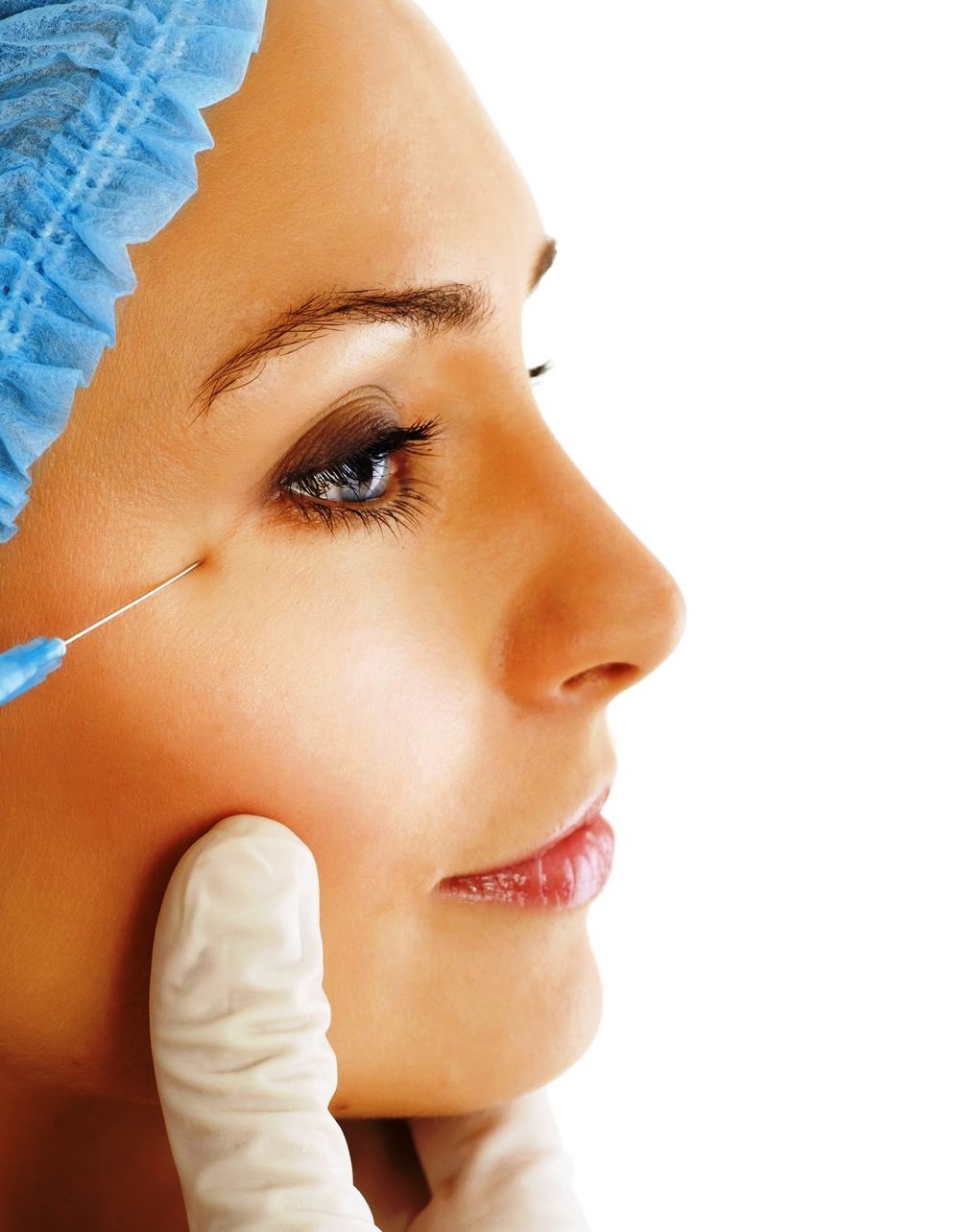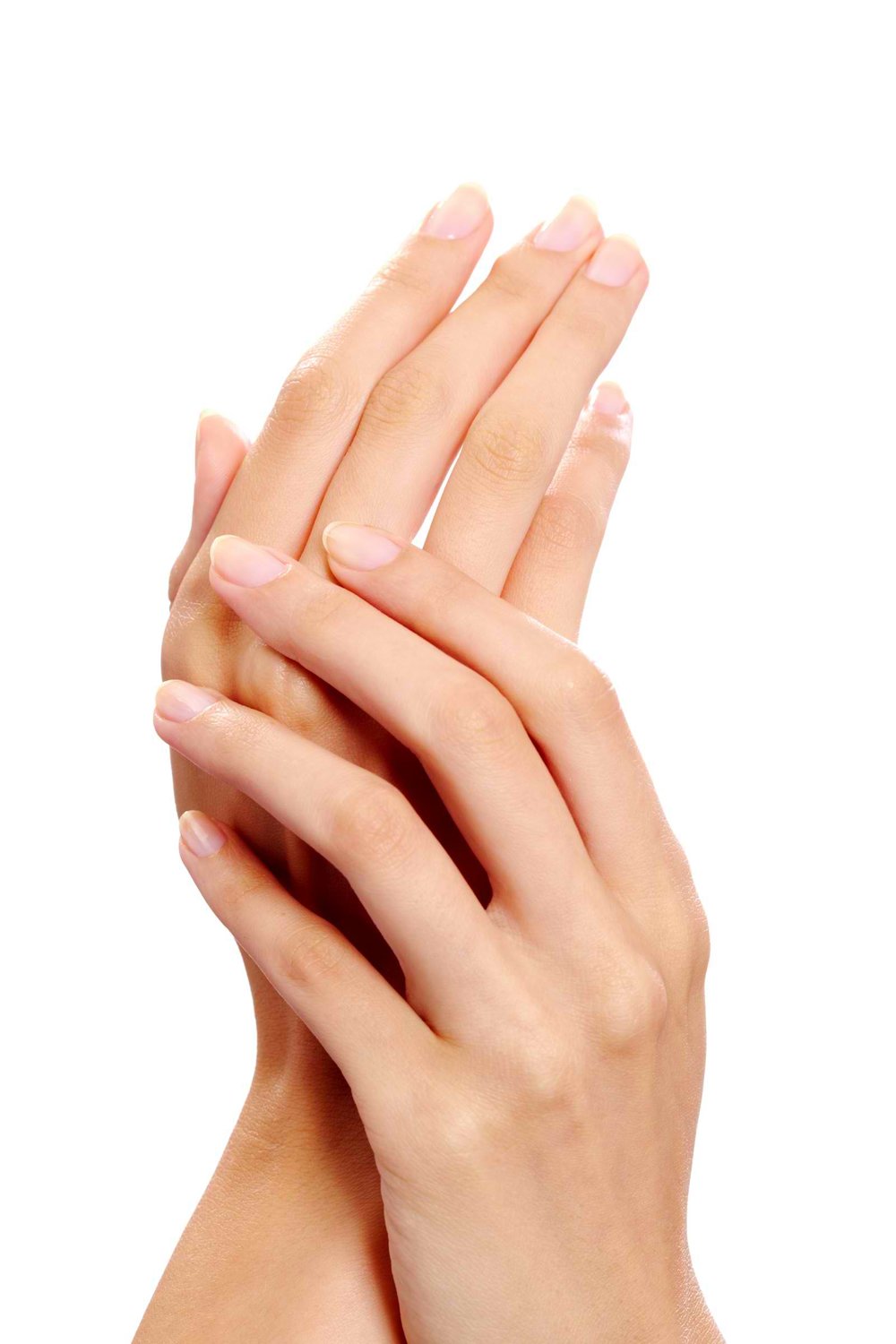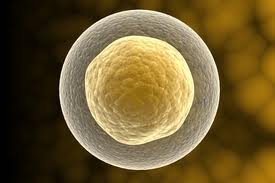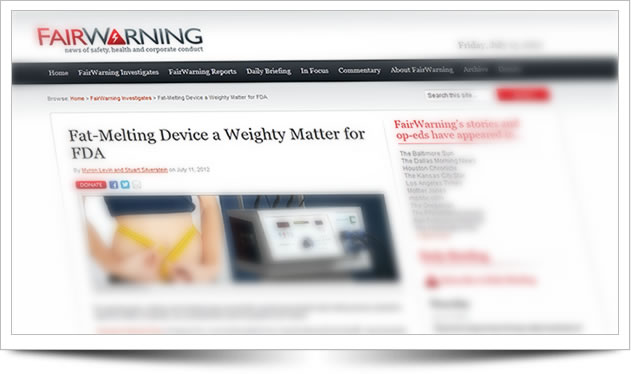Soft Tissue Fillers May Be Causing Blindness in Patients?
/The rising popularity of soft tissue fillers has led to a rise in reports of side effects such as blindess.

The FDA approved the use of soft tissue fillers for the correction of moderate to severe facial wrinkles and skin folds (like the nasolabial folds). Some soft tissue fillers are approved for the restoration or correction of facial fat loss in people with HIV.
But according to the Food and Drug Administration, there are risks associated with the use of these fillers.
Any soft tissue filler can cause long-term side effects, permanent side effects, or both. However, most side effects associated with soft tissue fillers happen shortly after injection and most go away in less than two weeks.
Swelling and pain after hand treatment may last a month or more. In some cases, side effects may appear weeks, months, or years after injection.
Among the rare side effects reported to the FDA are severe allergic reactions which require immediate emergency medical assistance, migration or movement of filler material from the site of injection, leakage, or rupture of the filler material at the injection site or through the skin (which may result from tissue reaction or infection).
There were also rare reports of formation of permanent hard nodules in the face or hand, vision abnormalities, including blindness, stroke, injury to the blood supply, and damage to the skin or the lips.
Recent reports by the American Society for Dermatologic Surgery, Inc. and published by Wolters Kluwer Health, Inc. showed that with the rising popularity of soft tissue fillers has led to a rise in reports of adverse events.
The study conducted a literature review of the reported cases of blindness after the filler injection. The study also examined some prevention and management strategies that may be done.
The results were as follows:
- 98 cases of vision changes from filler were identified.
- The sites that were high risk for complications were the glabella (38.8%), nasal region (25.5%), nasolabial fold (13.3%), and forehead (12.2%).
- Autologous fat (47.9%) was the most common filler type to cause this complication, followed by hyaluronic acid (23.5%).
- The most common symptoms were immediate vision loss and pain and most of the cases of vision loss did not recover.
- Central nervous system complications were seen in 23.5% of the cases. No treatments were found to be consistently successful in treating blindness.
Even though the risk of blindness from fillers is rare, researchers concluded that it is critical for injecting physicians to have a firm knowledge of the vascular anatomy and to understand key prevention and management strategies.
For more information: http://journals.lww.com/dermatologicsurgery/Abstract/2015/10000/Avoiding_and_Treating_Blindness_From_Fillers___A.1.aspx











